Energy is a key factor in combating climate change, one of the biggest challenges the world is facing today. India has committed to cutting emissions to net zero by 2070 and set ambitious targets for adopting renewable energy. Achieving these targets requires careful planning and an overhaul of our current energy system.
Our work aims at enabling policies that encourage the adoption of rooftop solar, facilitate the development of technology for energy storage, strengthen the grid and transmission infrastructure, advance hydrogen technologies, and promote green mobility. CSTEP's research looks at the various aspects of mainstreaming renewable energy for a cleaner, greener energy sector.
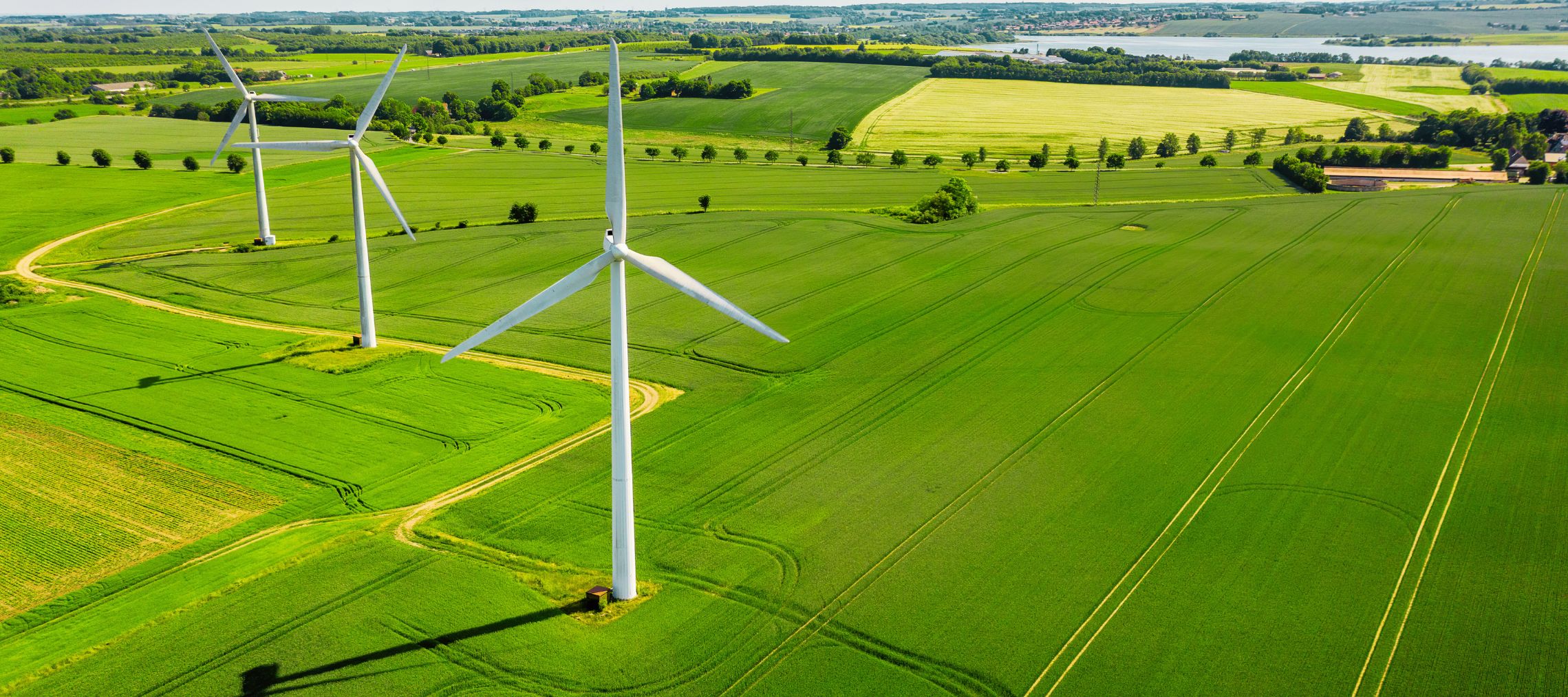
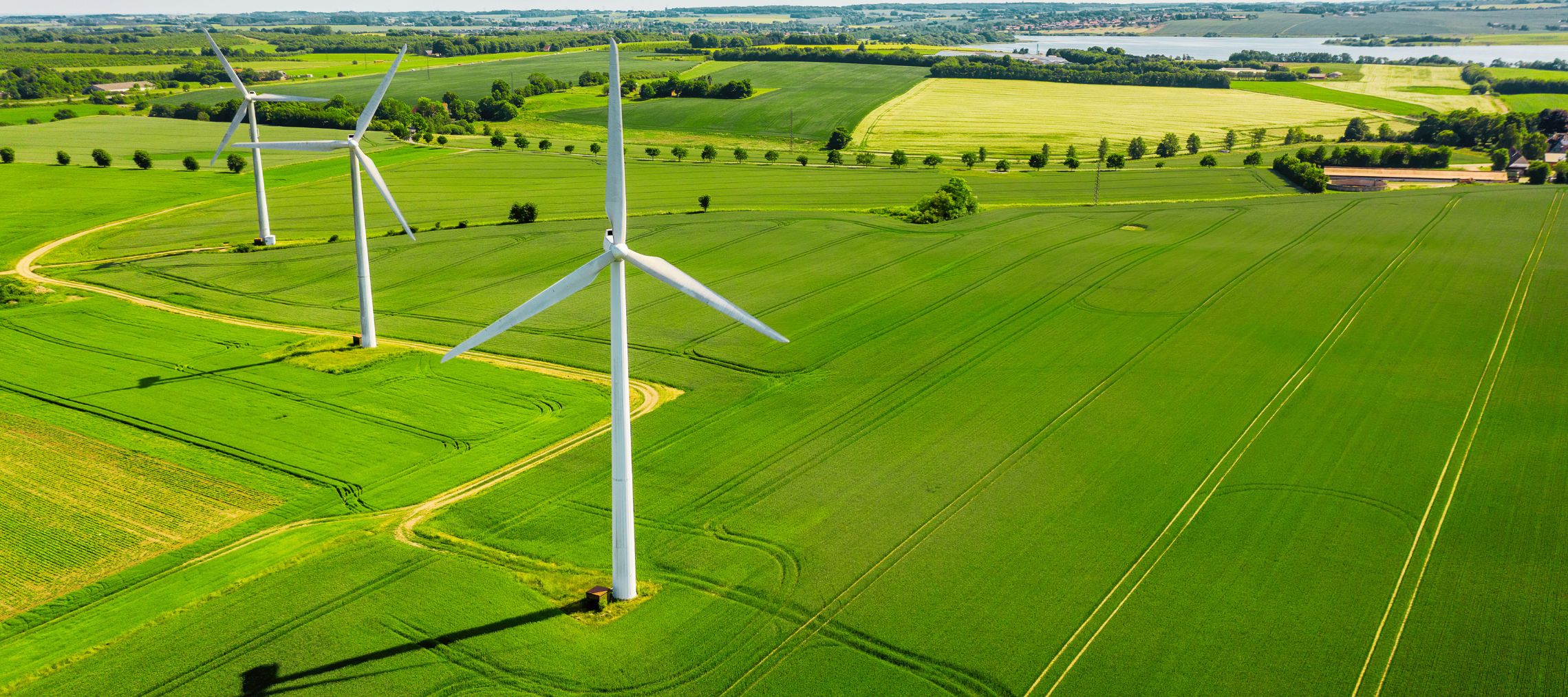
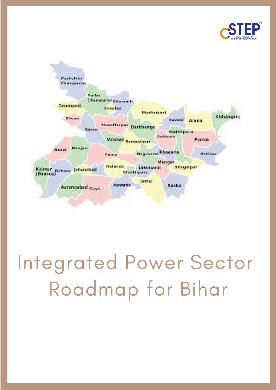


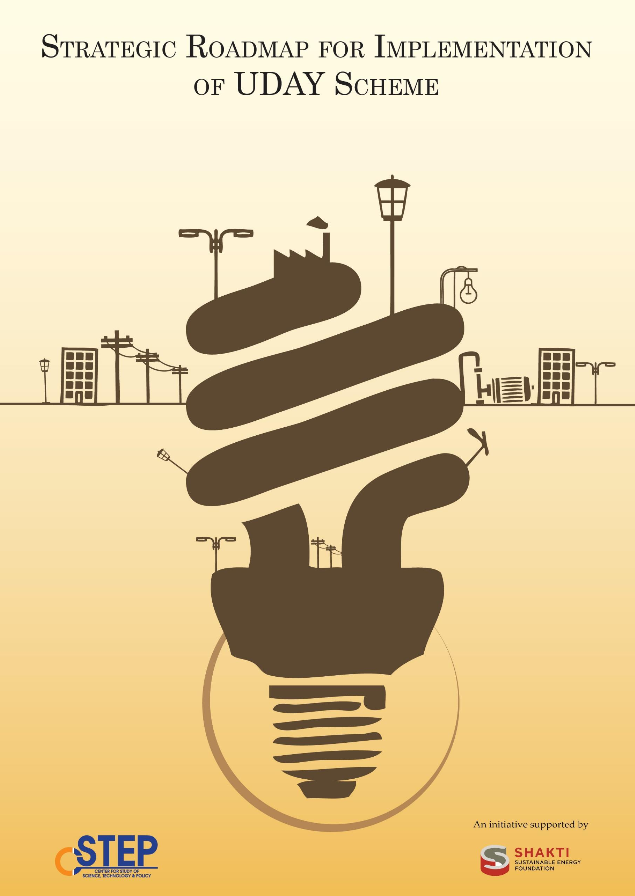
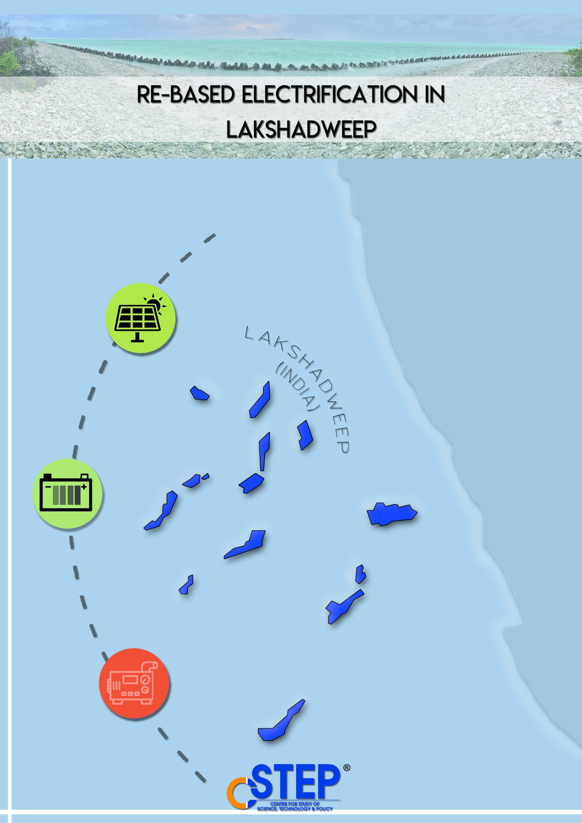

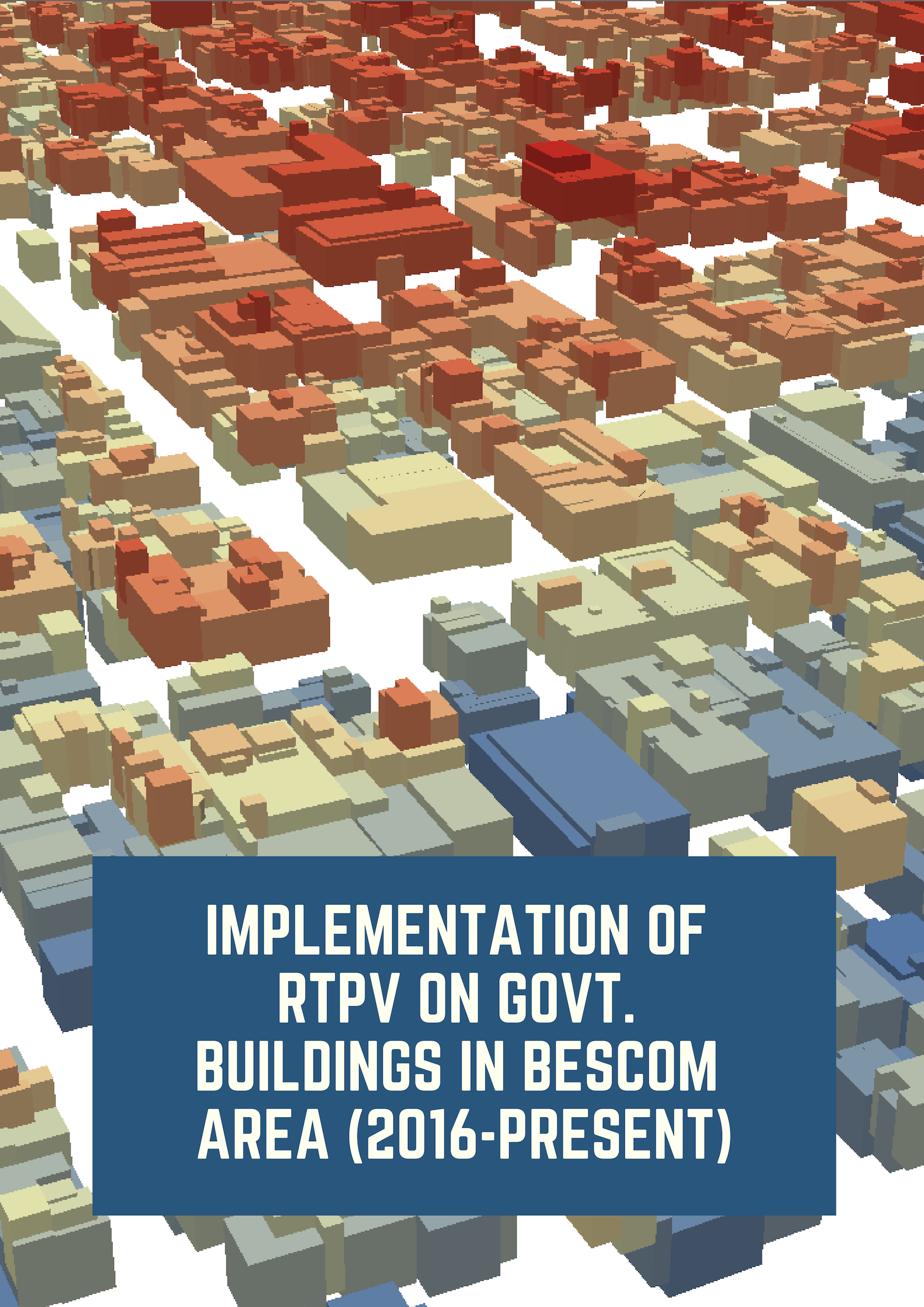

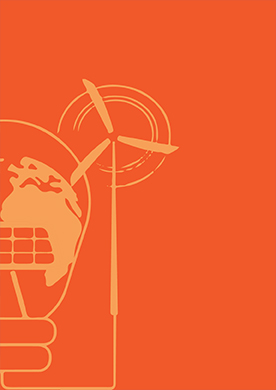
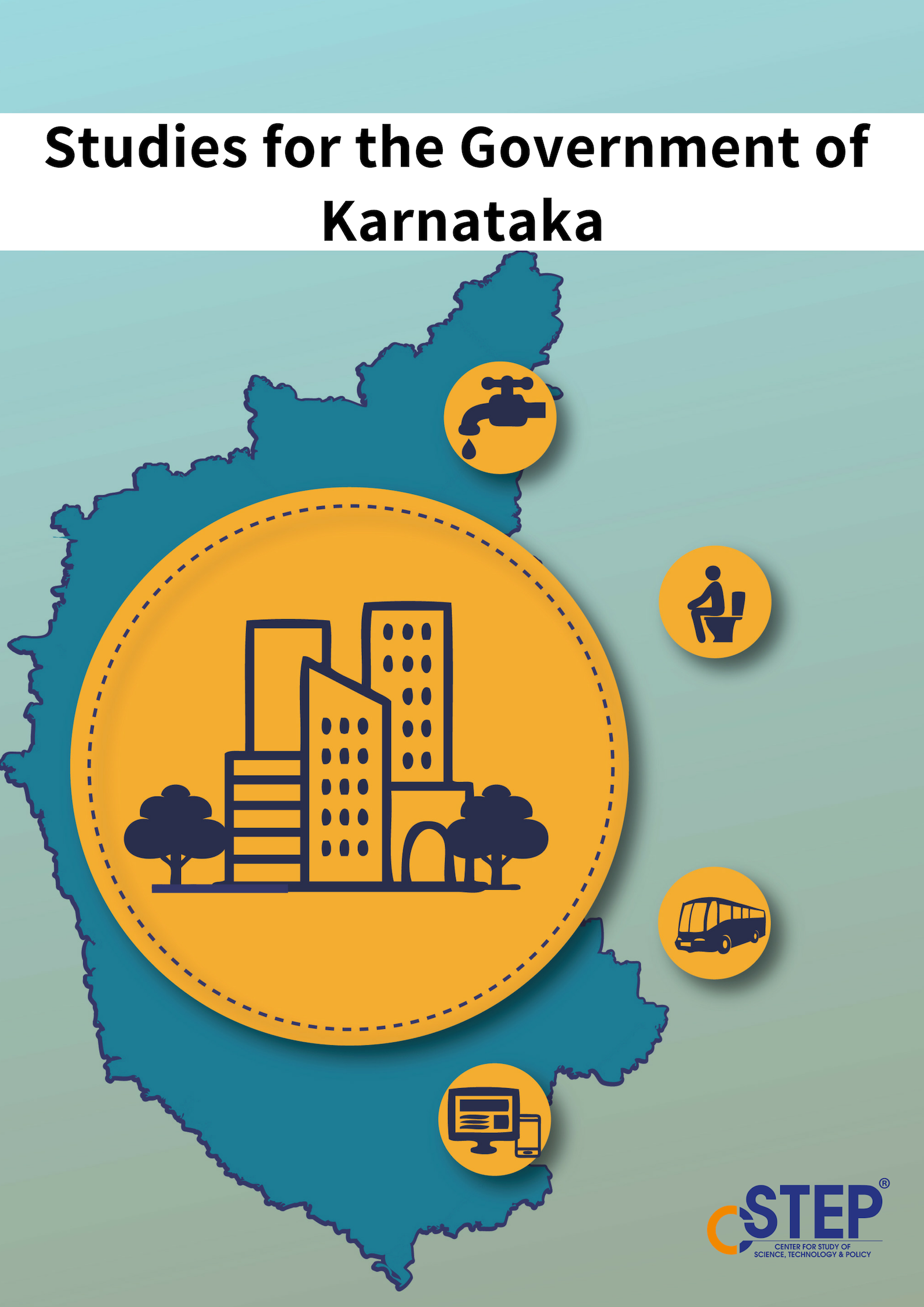

Annual Report 2024-2025
CSTEP’s Annual Report for 2024-25 captures the organisation’s 20-year journey as India’s leading think tank in science, technology, and public policy for sustainable solutions. Founded in 2005 by Dr V S Arunachalam, CSTEP has evolved from a small research team to a robust institution with an expanding multidisciplinary focus and a reputation for evidence-based impact across climate, energy, and air quality domains.
Analyst/Senior Analyst
We are seeking a dynamic, skilled, and experienced professional for the position of Analyst/Senior Analyst to join the Energy and Power team at CSTEP and support ongoing work on Just Transition. The Analyst will play a vital role in analysing and assessing the regulatory landscape and policy developments impacting Just Transition in India, particularly in the context of renewable energy development. The role will also involve contributing to the formulation of strategies and recommendations to help achieve India’s Just Transition goals while implementing energy transition policies.
West Bengal Clean Energy Transition Roadmap 2030
West Bengal is witnessing a steady rise in energy demand, a trend expected to continue due to the growing consumption in the residential, industrial, and commercial sectors. Currently, the state’s power supply is predominantly dependent on thermal energy, which accounted for 80% of its total capacity mix in financial year (FY) 25.
Punjab Roadmap 2036: Clean Energy Transition
Punjab has a considerable dependence on thermal sources for meeting its energy demand. In financial year (FY) 2025, Punjab’s total installed generation capacity stood at 14,861 megawatts (MW), of which, thermal (including gas) constituted the largest share (56% or 8,370 MW), followed by hydro (23% or 3,398 MW), solar and wind (17.6% or 2,609 MW), other NCEs (1.9% or 287 MW), and nuclear (1.3% or 197 MW).
The commercial catch in rooftop solar-powered EV charging
If electric vehicles (EVs) still rely on a coal-heavy grid for charging, are they really cleaner than internal combustion engine vehicles? What’s more, with EV demand surging in Indian cities like Bengaluru, this could increase CO2 emissions from the sector. As a cleaner and scalable charging solution, rooftop photovoltaic (RTPV)-based EV charging stations (EVCS) are a viable option. So, what is holding back the wider uptake of RTPV-EVCS?
Why India needs a dedicated scheme on distributed-renewables-powered EV charging
India’s clean energy transition is at a pivotal stage, with several initiatives underway to take the nation closer to its goals of installing 500 GW of renewable energy (RE) capacity by 2030 and attaining net-zero emissions by 2070. The Ministry of New and Renewable Energy (MNRE) has introduced schemes such as the PM-Surya Ghar Muft Bijli Yojana and the Pradhan Mantri Kisan Urja Suraksha evam Utthaan Mahabhiyan (PM-KUSUM) scheme to decarbonise the residential and agricultural sectors, respectively, by incentivising large-scale adoption of renewables.
